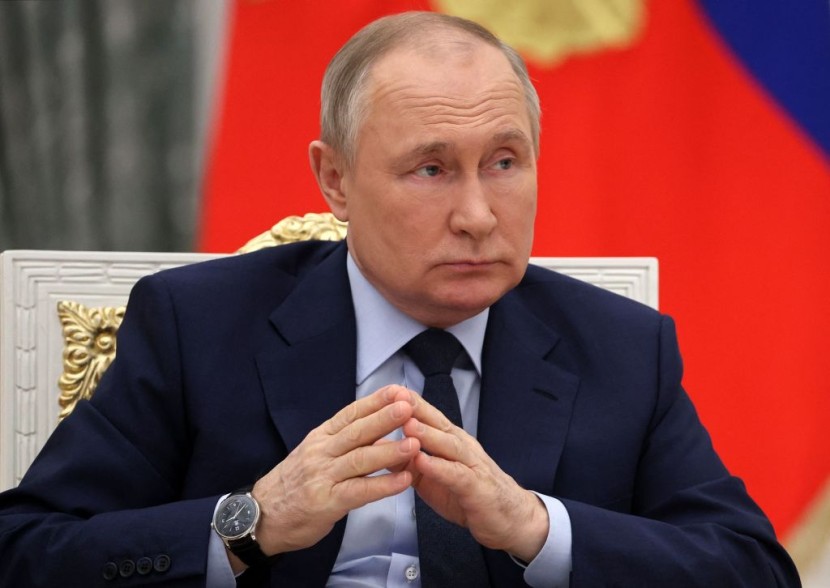
When the Nord Stream 1 pipeline, which connects Russia and Germany, was shut down for 10 days for routine maintenance last week, European officials began bracing for the potential that Russian President Vladimir V. Putin may not reopen it in retribution for opposing Moscow's invasion of Ukraine.
However, Putin has indicated that gas will continue flowing to Europe after construction on the pipeline, run by Russia's state-owned energy giant Gazprom, is completed on Thursday though he has cautioned that supplies may be further restricted.
Putin Signals Restart of Gas Pipeline
Analysts have pointed out that if Russia stopped supplying gas to Europe it would lose leverage in the economic struggle it has conducted against the continent since the invasion of Ukraine, allowing Mr. Putin to exert control over supplies and pricing.
Putin cautioned reporters late Tuesday in Tehran, following a meeting with the presidents of Iran and Turkey, that Gazprom would only transport half the amount envisaged through the Nord Stream pipeline.
Flows had already been reduced to 40% of capacity when it was shut down on July 11 for yearly maintenance. Analysts believe that maintaining such a low supply of natural gas might benefit Putin by allowing him to put Europeans in a state of uncertainty and near panic for an extended period. R
Russia has already halted gas supply to Europe via other key pipelines that span Poland and Ukraine. Gas prices in Europe have risen to three or four times what they were a year ago, generating inflation and stoking fears of social unrest as temperatures begin to fall.
Last year, the European Union bought 45 percent of its natural gas from Russia. In the first three months of this year, that figure had dropped to only 28%. At the same time, the bloc's overall gas imports surged, owing mostly to a 72 percent increase in liquefied natural gas purchases, as per New York Times.
Since Russian soldiers entered Ukraine in February, the EU has authorized sanctions on Russian coal and most oil, which will go into effect later this year, but not on natural gas, which the 27-nation union relies on to run companies, produce electricity, and heat homes.
Gas Delivery in Europe Is Reduced
However, Russia's state-controlled natural gas company, Gazprom, cut gas flows through the Nord Stream 1 pipeline to Germany by 60% last month, alleging technical issues caused by a turbine that Siemens shipped to Canada for refurbishment but couldn't return due to sanctions. Canada and Germany agreed to return the turbine, but Putin stated on Tuesday that Gazprom had yet to obtain the necessary documentation.
The Russian leader stated that Gazprom plans to shut down another turbine for repairs in late July and that if the one sent to Canada is not back by then, the flow of gas would be reduced even further.
He also cited Ukraine's closure of a branch of a transit pipeline bringing Russian gas to the West that passes through territory controlled by Moscow-backed rebels as another cause for Russia's declining gas supply to Europe, ABC News reported.
Gazprom announced on Wednesday that the Russian gas supply bound for China had reached a new daily high. As sales to Europe decline, Moscow has increased its capacity to serve China, even though Russia's far east network is not linked to the European supply grid.
Meanwhile, European nations have been looking for alternative sources, even though the global gas market was already stressed before the Ukraine crisis, with demand for the fuel rebounding following the pandemic-induced slump.
These attempts have included sourcing more gas from pipeline-connected suppliers such as Algeria, as well as creating or expanding new liquefied natural gas (LNG) facilities to handle cargoes from considerably further afield, such as the United States, according to Reuters via MSN.
Related Article : Brussels Finally Explains the Objective of Russian Sanctions
@YouTube
© 2026 HNGN, All rights reserved. Do not reproduce without permission.








